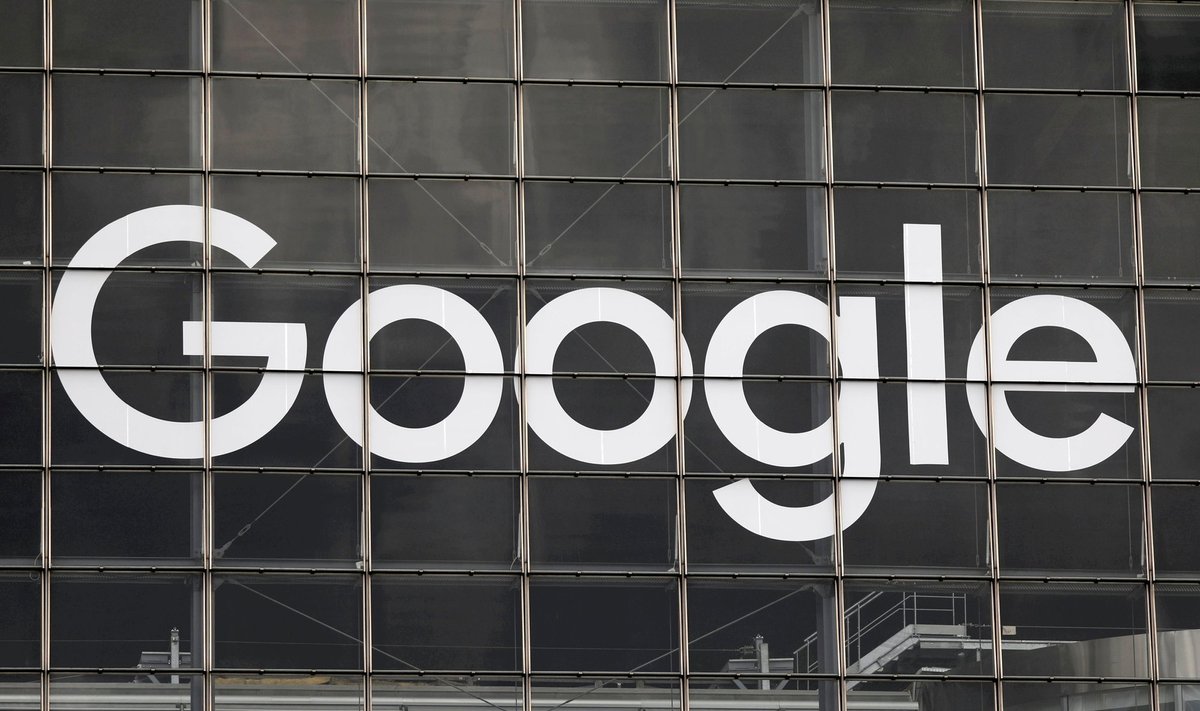DeFi protocols are having advertisements banned away from them by Google, together with ads on token liquidity pools. This move puts new DeFi protocols in a difficult spot and older protocols will themselves have to deftly navigate the new regime of regulations.
The Google DeFi Ban
Google has opened its doors to the gamut of cryptocurrency adverts with its new policy on Financial products and services. However, there’s a catch as it requires ads for exchanges and wallets to meet certain criteria.
The exchange or wallet in question should be duly registered with FinCEN as a money services business, and with a federal or state-chartered bank entity. The advertisers are also required to be fully compliant with the local legal requirements and to obtain a Cryptocurrency Exchanges and Wallets certification with Google.
Despite the milestone hit by Google, DeFi has been shunned as the new rules entirely exclude them from any form of advertising. DeFi trading protocols, initial DEX offerings, token liquidity pools, and unregulated dApps are also totally banned.
Other ads that have been banned include cryptocurrency trading signals and investment advice. It is pertinent to note that Google clearly states that the list is non-exhaustive.
The Implications for DeFi
DeFi is growing at a rapid pace and is closing the gap between it and TradFi. DeFi market capitalization already stands tall at $80.20 billion, and DeFi protocols like Uniswap, Terra, Aave, and PancakeSwap have already gained significant traction in recent months.
DeFi’s outright ban from utilizing Google’s advertisements may stifle the growth of new protocols that are just getting started in the industry whose potential reach to attract new users will be severely limited. However, through the use of innovative marketing tactics, they could tilt the odds in their favour once again.
For the major players in DeFi, the impact of Google’s decision may be mitigated by their already established dominance in the space. They may face a slight challenge in getting the word out about their new services, but given their advantage as first-movers, there are myriad ways they could potentially bypass this issue.
What Could Google’s Reason Be for the DeFi Ban
Google’s exclusion of DeFi from the crypto party may be a result of the widely unregulated nature of decentralized finance. By being unregulated, it leaves the door for fraud and criminal hacks to slip through.
In 2021, DeFi has already suffered a wave of attacks such as the Yearn Finance flash loan attack, and the Alpha Homora Iron Bank exploit among others. There has also been a high rate of “rug pull” incidents that may have contributed to Google’s decision to commit to an outright ban of DeFi.

